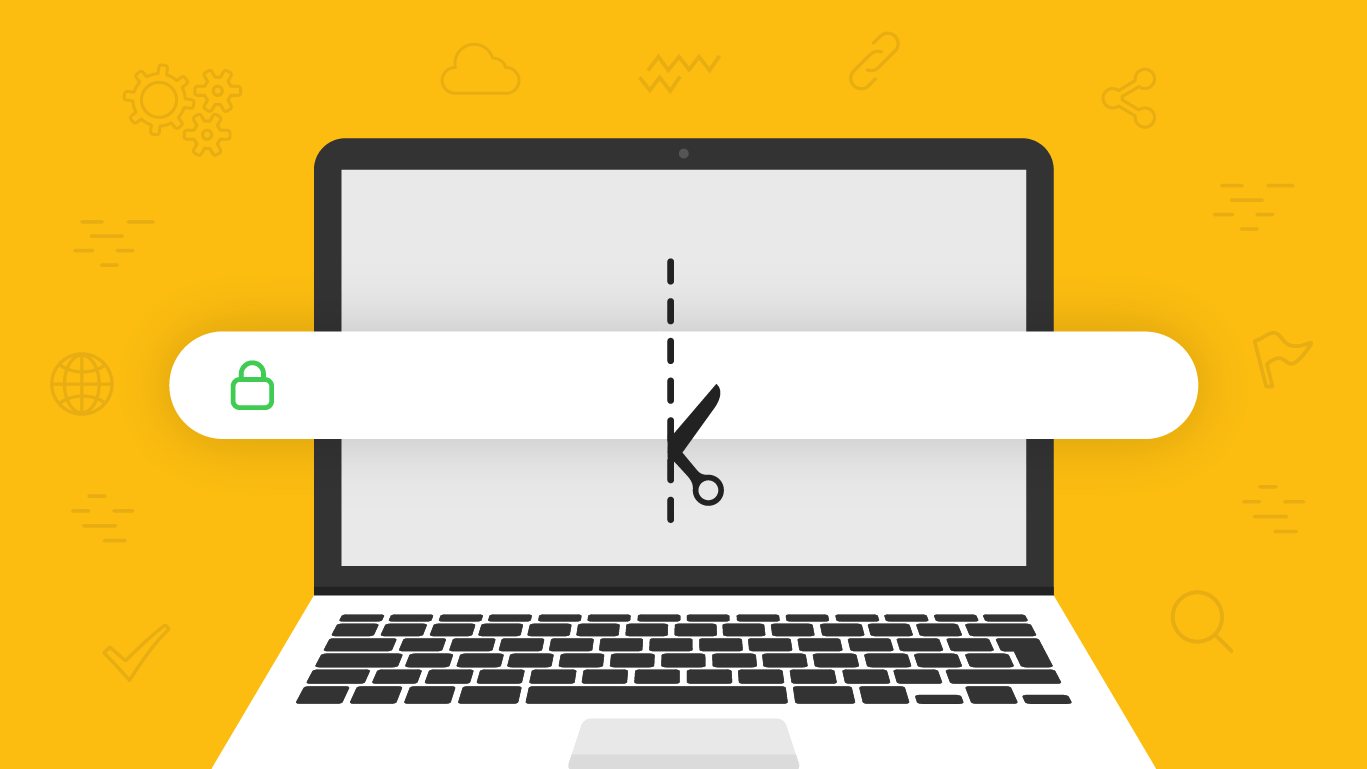URL Shorteners: More Than Just Shrinking Links
 Divsly
Divsly
In the vast landscape of the internet, where every character counts and attention spans are fleeting, URL shorteners have emerged as powerful tools that go beyond their primary function of compressing lengthy web addresses. While their main purpose is to create concise and shareable links, URL shorteners have evolved to offer a range of features that enhance user experience, analytics, and even cybersecurity.
The Evolution of URL Shorteners
URL shorteners have come a long way since their inception. Originally developed to address the limitations of character count in platforms like Twitter, where brevity is key, these tools quickly gained popularity. Services like Divsly, Bitly, TinyURL, and Ow.ly paved the way for a new era in link management.
Shortening for Convenience
The primary function of a URL shortener is evident in its name – to shrink lengthy URLs into more manageable, condensed links. This serves a dual purpose: it conserves character space, allowing users to convey more information in limited text, and it improves the aesthetics of the link, making it more user-friendly.
For instance, sharing a complex and lengthy URL filled with random characters and symbols can be visually overwhelming. A shortened link, on the other hand, is cleaner and more appealing, facilitating seamless sharing across various platforms, including social media, emails, and printed materials.
Enhanced Analytics
URL shorteners have become indispensable tools for marketers and businesses seeking to understand user behavior and engagement. Many URL shortening services offer analytics features that provide valuable insights into link performance.
These analytics encompass metrics such as click-through rates, geographic location of users, devices used, and the timing of clicks. By analyzing this data, businesses can refine their marketing strategies, tailor content to specific audiences, and measure the success of various campaigns. URL shorteners, in essence, have become an integral part of data-driven decision-making in the digital realm.
Customization and Branding
Beyond shortening links, many URL shorteners enable users to customize their shortened URLs. This feature allows businesses to maintain brand consistency by incorporating their brand name or relevant keywords into the link. Customized URLs not only reinforce brand identity but also make links more trustworthy and recognizable to users.
Branded short links contribute to establishing a cohesive online presence and can be especially useful in social media marketing, where every element should align with the brand's image. This additional layer of customization goes beyond mere link compression, turning URL shorteners into valuable tools for brand management.
Security Considerations
While URL shorteners offer convenience and aesthetic benefits, they also raise concerns related to cybersecurity. Shortened links can disguise the destination URL, making it challenging for users to identify potentially malicious websites. Cybercriminals exploit this by using URL shorteners to mask phishing links, malware distribution points, and other malicious destinations.
To address this issue, URL shortening services have implemented security measures. Some offer link previews, allowing users to see the destination URL before clicking. Additionally, advanced URL shorteners employ security protocols to detect and block malicious links, providing an extra layer of protection for users.
Integration with QR Codes
The integration of URL shorteners with QR codes has further expanded their utility. By generating QR codes linked to shortened URLs, users can easily share information in the physical world. This integration is particularly valuable for businesses looking to bridge the gap between online and offline marketing efforts.
QR codes simplify the process of accessing digital content. Whether printed on posters, business cards, or product packaging, users can quickly scan the code with their smartphones, directing them to the intended online destination. This seamless transition from physical to digital enhances user engagement and interaction.
Cross-Platform Compatibility
URL shorteners contribute to a more streamlined and efficient online experience by ensuring cross-platform compatibility. Whether users are accessing content on desktops, laptops, tablets, or smartphones, shortened links provide a consistent and user-friendly experience. This adaptability is crucial in an era where diverse devices and platforms coexist, ensuring that users can access shared content effortlessly, regardless of their preferred device.
Conclusion
In conclusion, URL shorteners have evolved into versatile tools that offer more than just link compression. From enhancing analytics and enabling customization to improving security measures and integrating with QR codes, these tools have become integral components of the digital landscape. As the internet continues to evolve, so too will the functionalities of URL shorteners, making them indispensable for individuals, businesses, and marketers navigating the vast expanse of the online world.
Subscribe to my newsletter
Read articles from Divsly directly inside your inbox. Subscribe to the newsletter, and don't miss out.
Written by
